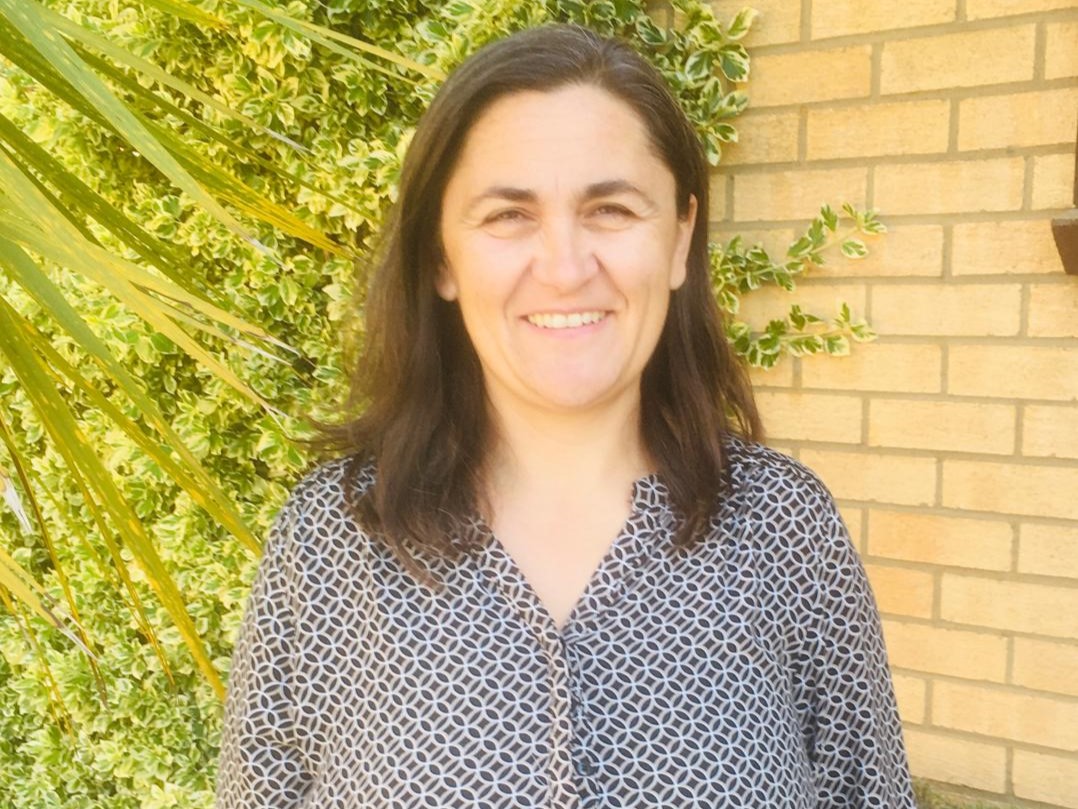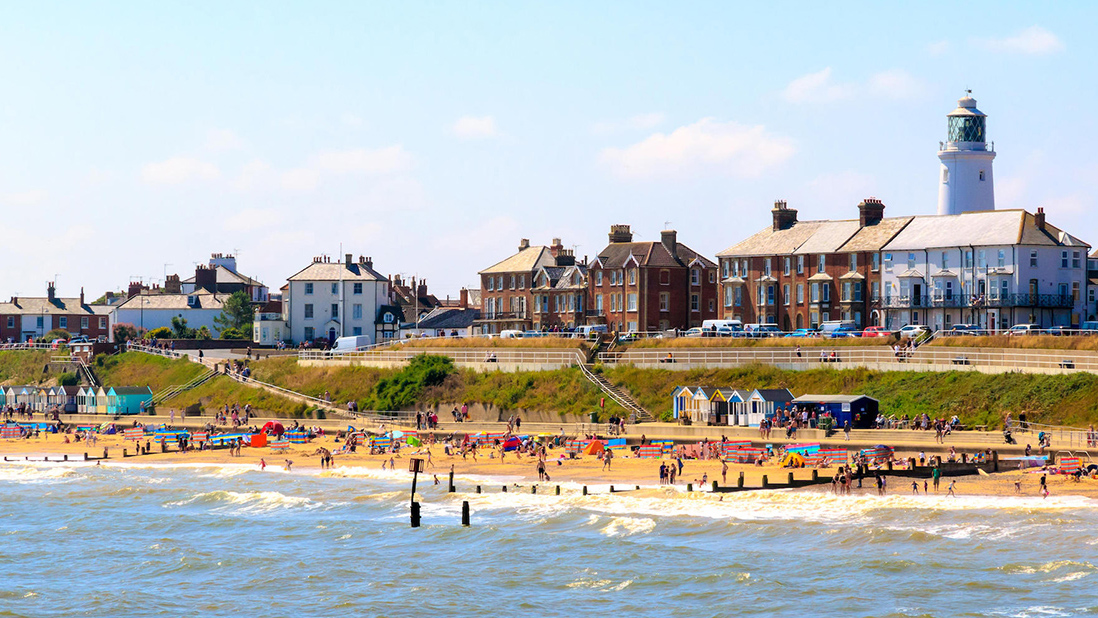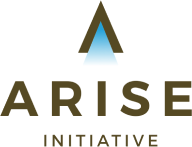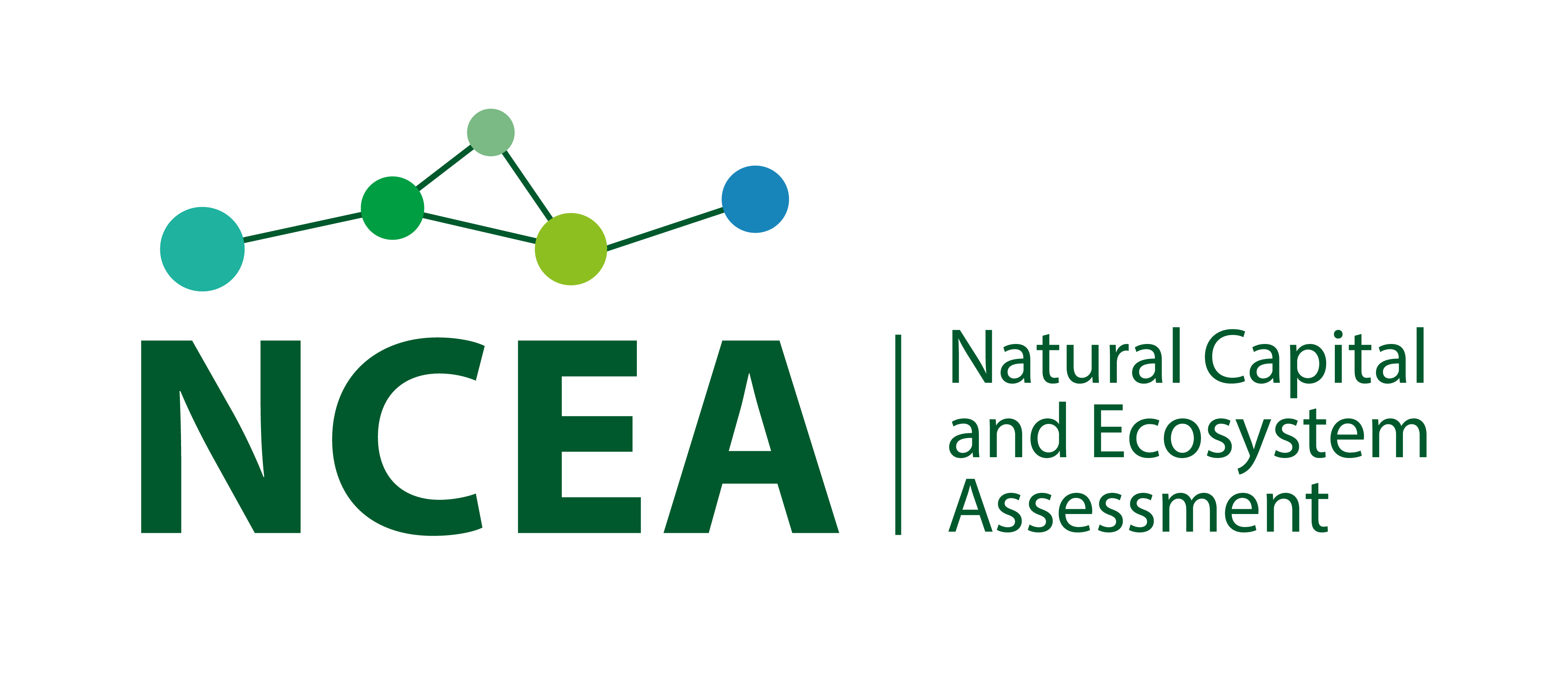Dr Dragana Vidovic is a post-doctoral researcher on the ARISE Initiative, one of the four projects funded by the ReCCS programme. She is based in the Department of Government at the University of Essex.

Tell us about yourself and your project
I am a member of a transdisciplinary team in the UKRI-funded ARISE Initiative. The full project name is Advancing Resilience and Innovation for a Sustainable Environment.
Together with coastal community members, the ARISE team will work to identify issues critical to local communities, identify resources and skills needed to address these and design and test place-based policies to strengthen community resilience. Resilience-building interventions will be implemented along the Norfolk to Kent coastline.
Multiple dimensions of resilience, such as individual and community health and wellbeing, knowledge and behaviours, natural, financial and physical systems, and social networks and feelings about one’s place and environment, will be assessed before, during and after the interventions take place. By combining insights across disciplines and community experiences, ARISE is set to effectively inform and influence policies that support sustainable coastal development and advance resilience.
The project team is led by Professor Gina Yannitell Reinhardt, Department of Government, University of Essex, and comprises investigators from across Eastern Arc Universities and beyond (Aberystwyth, Birkbeck, East Anglia, Essex, Kent, Manchester, and Suffolk) and other regional partner organisations including the Centre for Environment Fisheries and Aquaculture Science and Estuary Festival.
What will you be doing as part of the project?
As a member of the ARISE Team, I aim to work with community members and scholars on advancing our understanding of social networks and a sense of belonging and its impact on health and resilience in coastal communities.
Being a part of a group or a community enables individuals to be better prepared to face various life challenges, bounce back from adversity and evolve through transformation. Social support and the sense of purpose that communities provide contribute to a healthier and happier life.
I will also contribute to the data collection and the overall development of the ARISE Transdisciplinary Framework. The ARISE Framework aims to combine data-driven analysis with community perspectives to inform resilience strategies that are scientifically sound, socially relevant, and sustainable.
What did you do before joining ARISE?
Before joining ARISE, I contributed to the evaluation of a public health initiative implemented in partnership between the University of Essex and local authorities in the UK and France during the 2019-2023 period. The Interreg-funded Connected Communities project aimed to support individuals to better understand their health needs and engage in community-based activities, services and support networks to address issues of loneliness and isolation. This approach, known as social prescribing, goes beyond medical treatments to address broader socio-economic factors that influence health. By encouraging people to take an active role in advancing their own health, social prescribing has the potential to enhance personal resilience, and to foster social connections and a sense of belonging – all which are essential for individuals to effectively navigate life’s challenges. This approach can also help reduce pressure on health and social care services as people access support through community networks.
What excites you about joining the ARISE Project?
One of the most exciting aspects of the ARISE Initiative is the opportunity to work collaboratively with others to develop a transdisciplinary approach that would enhance our understanding of the interconnected nature of resilience.
My approach to this is shaped by Alexander (2013), who notes that “one person’s resilience may be another’s vulnerability.” This idea underscores the complexity of resilience – where a positive shift in one domain, such as social networks or individual health, may or may not lead to corresponding changes in natural ecosystems, physical infrastructure or financial systems. The dynamic interactions between these elements shape resilience of all life forms.
Developing a framework that considers both the onset and rate of change following the implementation of community initiatives such as ARISE can advance resilience in meaningful and sustainable ways. I look forward to contributing to this effort.















